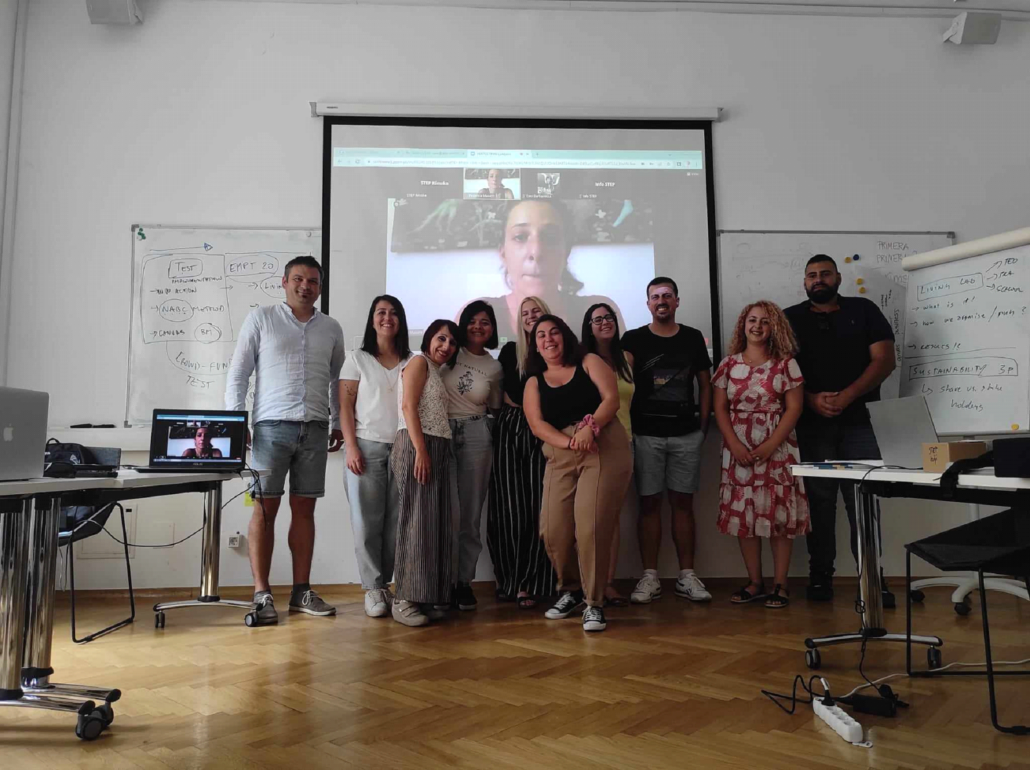TPM 3 – Ljubljana
On the 18th and 19th of July, the partners of the HIATUS project gathered for the eagerly anticipated third transnational project meeting.
Throughout the two-day meeting, an atmosphere of excitement and purposeful collaboration pervaded the gathering. The partners, representing various educational institutions, research organizations, and stakeholders, collectively reviewed and celebrated the progress made in the project since its starting.
With animated discussions and engaging presentations, the partners delved into the heart of the matter, sharing their experiences of implementing various activities under the umbrella of the HIATUS project. Each partner’s unique perspective provided valuable insights into the challenges and successes encountered while working towards the project’s ambitious goals.
The meeting served as an opportune occasion to reflect on the remarkable achievements realized so far. Partners shared their pride in the development of novel teaching methodologies that effectively integrate design principles and service-oriented thinking into the core curriculum.

One of the most significant highlights of the meeting was the realization of tangible products and services that emerged as a result of the project work. These solutions not only demonstrated the practicality of the project’s objectives but also showcased the potential to positively impact the labor market and local territories.
Beyond discussing achievements, the partners also engaged in thought-provoking dialogues about the future trajectory of the project. The meeting served as a springboard for formulating well-defined next steps that would enable the HIATUS project initiative to gain even more substantial traction.
Recognizing the importance of sustainability and scalability, the partners devised strategies for the project’s wider dissemination and adoption within educational institutions. Emphasizing the need for ongoing research and development, they reaffirmed their commitment to continuously fine-tuning the teaching methodologies to keep pace with evolving market demands.
The third transnational meeting had accomplished much more than just a mere progress review; it had strengthened the bonds among the partners and deepened their resolve to shape a brighter future for education and, by extension, society at large.

